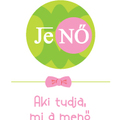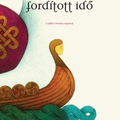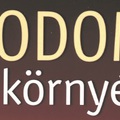Katerina Avgeri's favourite books which written by greek authors.
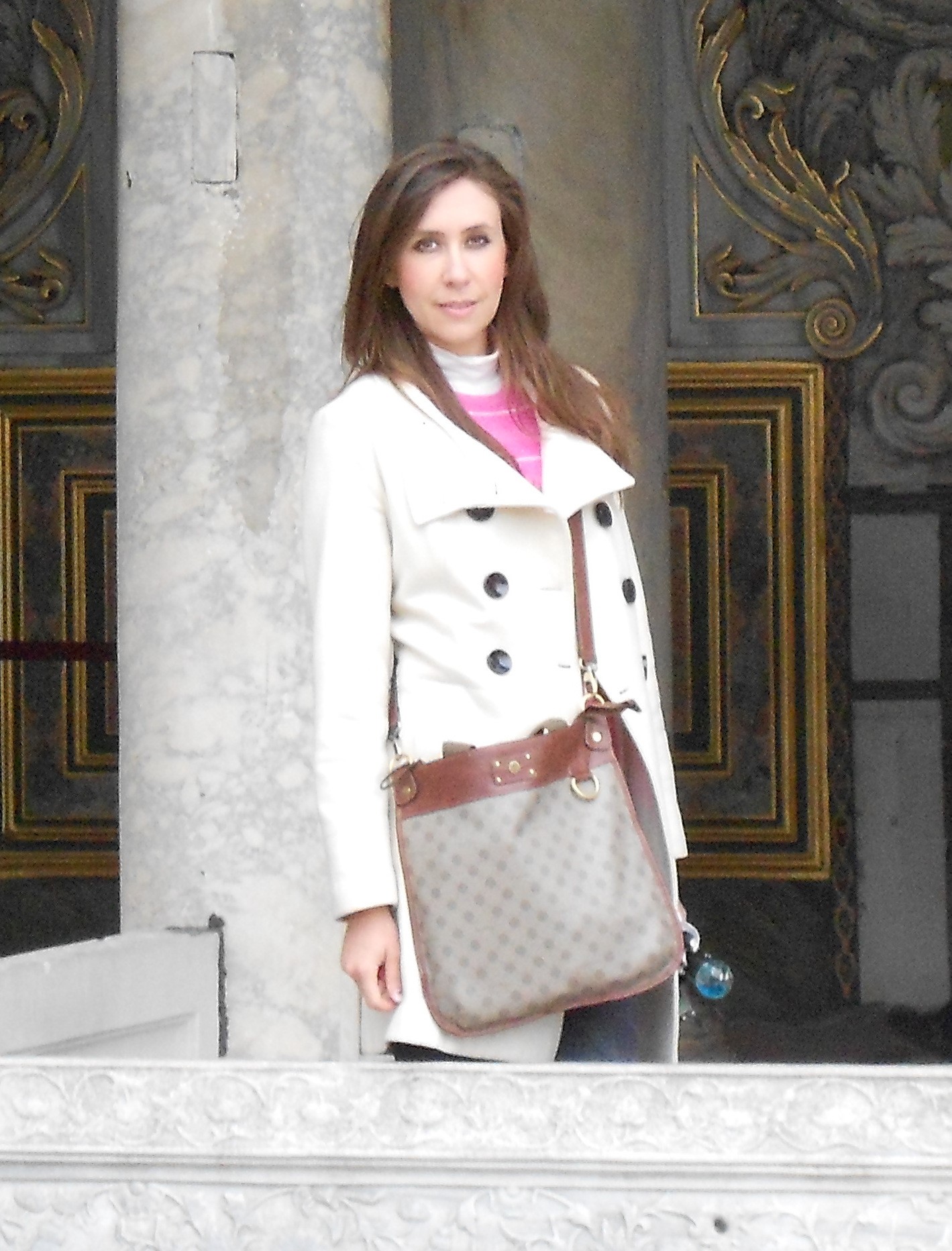
Few thoughts about modern Greek feminine poetry.
Feminine poetry played a great part in the Greek literary scene during the first half of 20th century with poetesses like Maria Polydouri, Melissanthi, Melpo Axioti, Galatea Kazantzakis and others. During the second half of the century Greek feminine poetry developed a more important and drastic role with important figures like Kiki Dimoula, Maria Laina, Dimitra Christodoulou and others. However it is generally accepted that Greek poetesses were in a certain degree overshadowed by their male peers.
As it is asserted repeatedly by the critique, in the dawn of the 21st century feminine poetry in Greece is having a post-feminist period. Poetess pays out acquisitions of the recent past and by having determined her social, professional and economic standing, she attaches another importance to her work. She also tracks and participates in the international literary activities. Concerning the domestic literary production -qualitatively and quantitatively-, Greek poetess seems to gain the lion’s share in comparison to the opposite sex.
Personal favorites and at the same time very significant books of world recognized Greek Poets and Writers. 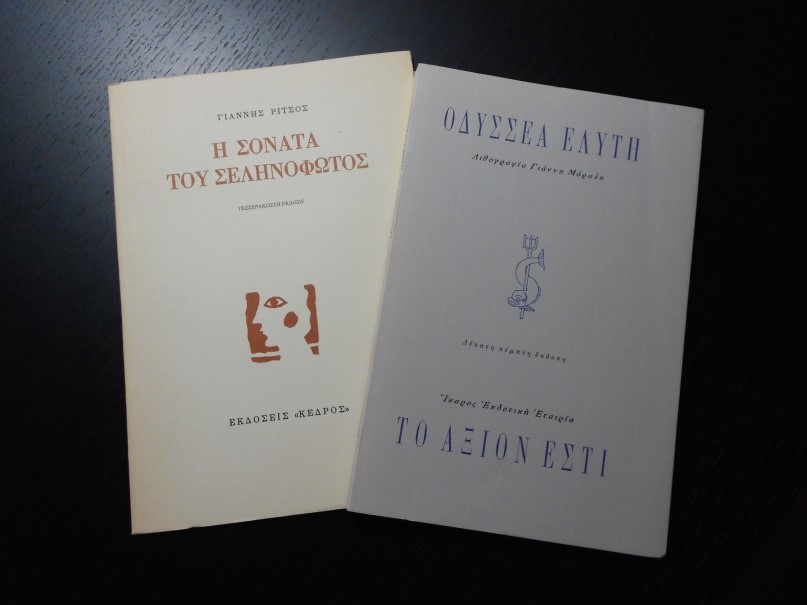
Yannis Ritsos: Moonlight Sonata
It is the synthetic poem with which -the Lenin Prize Winner of 1977- initiates a period of great dramatic monologues that indicates poet’s deep existential agony and his intention to combine myth, legend and history. “Let me come with you”, is the light motif repeated by the feminine figure who is speaking to a silent young man who exists in the poem only like a presence. Woman is thinking about her past and her present and she unfolds her thoughts and sentiments about her social class and her position in the society as a woman.
Odysseas Elytis: Axion Esti
The Nobel Prize Winner of 1979 creates a poem inspired by the Greek-Italian war of 1940 during which the poet -as a soldier himself and as an agonized spiritual man afterwards- comprehended the greatness of the Greek folk soul and the pusillanimity of the powerful. Axion Esti was set to music by one of the greatest Greek composers Mikis Theodorakis and simultaneously became hymn/symbol of the struggling Greek for freedom and human rights.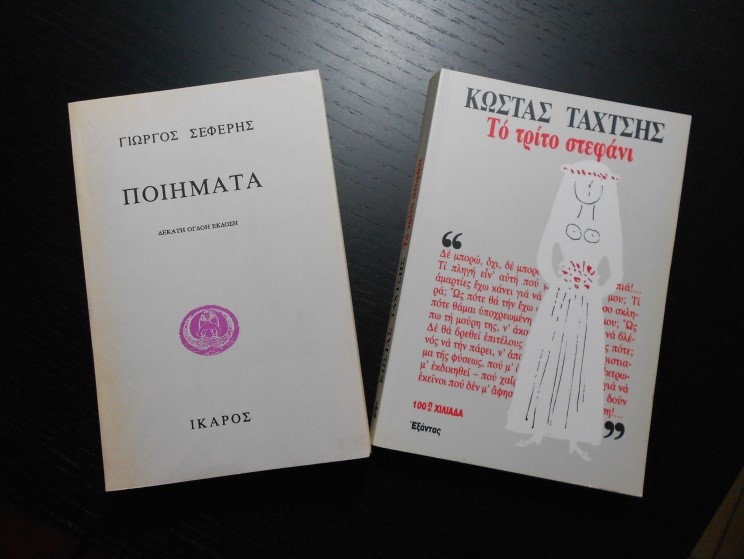
George Seferis: Mythistorima
As it is shown by the title -myth and history- this poem is about blending the warmth of myth and the anguish of history. The poem of the Nobel Prize Winner of 1963 combines a peculiar Greek centrism with the European modernistic models and constitutes a turning point for the Greek poetry towards modernism.
Kostas Tachtsis: The third wedding
This novel bold due to the erotic divergence of the main character and his opinions concerning the ideological and social matters of his time, narrates about half a century on a historic basis. The novel was recognised in Greece after its translation and publication in England.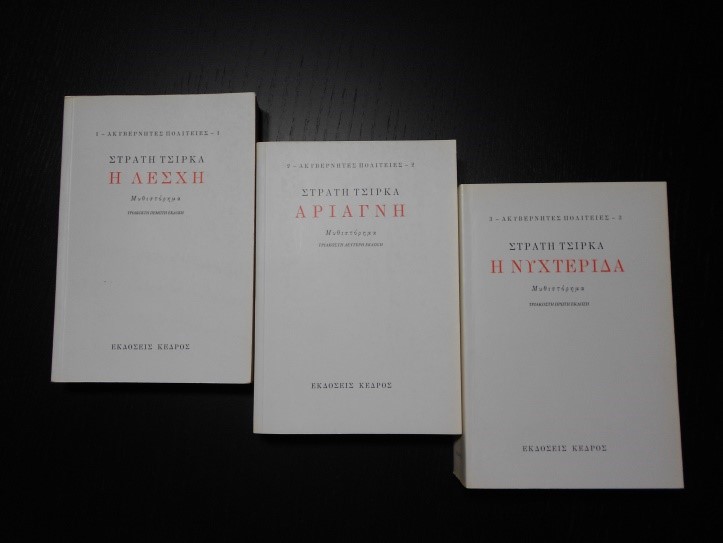
Stratis Tsirkas, Drifting Cities
It is the first cosmopolitan and synthetic novel which consists of three books The Club, Ariagni and The Bat. It follows the adventure of the left movement towards self-awareness and the dispersion of the Greek people (Jerusalem, Cairo and Alexandria).
Katerina Avgeri




















